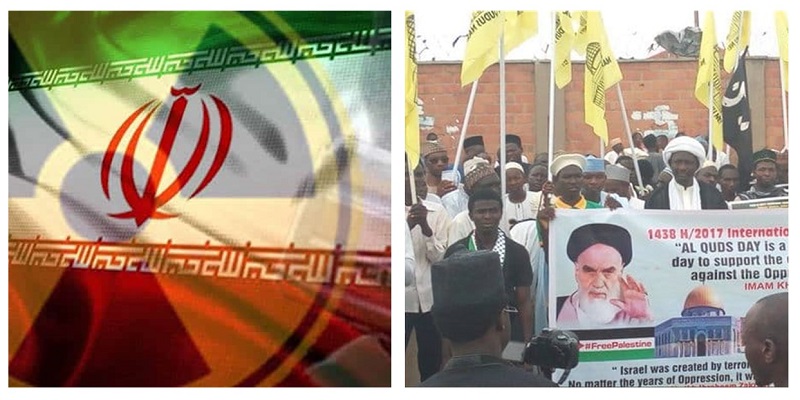
A series of coordinated plans for an Iranian terror attack in Kenya were uncovered by authorities on Sunday, November 28, with Mohammed Saeid Golabi being accused of being at the core of the plot.
The discovery of this new terror plot once again proves that the Iranian regime’s malign activities do not just occur domestically. Since their rise to power in 1979, the regime’s ‘export of the Islamic Revolution’ has brought chaos to many countries around the world, especially those with a Muslim population. African Muslim countries have therefore always been a prime target.
The National Council of Resistance of Iran (NCRI) said, “The Iranian regime, either directly or through its Hezbollah terrorist proxy group, has expanded its influence across the continent, mainly south of the Sahara. Iran’s Revolutionary Guards (IRGC) and Hezbollah have established a strong foothold in Africa, and their activities there accelerated in the early 2010s and reached a new height after 2018.”
On October 2, 2019, the regime’s Supreme Leader Ali Khamenei met with commanders of the Revolutionary Guards (IRGC) to highlight the regime’s need to increase its presence within Africa stating, “[We] should not be satisfied [only] with our region.”
Professor Carl Anthony Wege from the Institute for Strategic, Political, Security and Economic Consultancy (ISPSW) conducted a study in regards to the regime and Hezbollah’s terrorist network in Africa.
In his study he wrote that Hezbollah’s network is located “primarily in two spaces; one is an arc stretching from West Africa along the coast reaching down toward the Congo while the other is a circle encompassing the Horn of Africa.”
In regards to the regime’s network, he explained that they’re focused on the Horn of Africa, but have reached into Nigeria, Kenya and some central African countries.
The NCRI said, “After the Sierra Leone civil war ended in 2002, Hezbollah improved its position in the Shi’ite community. Eventually, it gained control of much of the illegal diamond trade previously dominated by its rival, Afwaj al Muqawamah al Lubnaniyyah or AMAL movement.”
In order to generate financial support, Hezbollah partakes in organized crime as well as drug trafficking and smuggling operations. The flow of money that they received from Congo is siphoned into multiple corporate networks. On the other hand, the regime’s focus is on arms smuggling, with a network encompassing West Africa. As a result, they have established connections with insurgent groups in Ghana and Nigeria in recent years, as well as local governments.
The NCRI said, “The non-Islamic Southern regions are the basis for Nigeria’s oil-based wealth, while the Islamic North is economically much less developed. Thus, the Iranian regime has exploited this situation and influenced Nigeria’s Muslim community.”
The regime has also been able to influence military officials in Nigeria, especially as many Muslim groups from Northern Nigeria have come to dominate the Nigerian army. Ibrahim Zakzaky and his Islamic Movement of Nigeria are the regime’s main focus. The IRGC has funded the building of barracks and training centers for his militants in the regions of Kano and Sokoto with money plundered from Iranian citizens.
Having already infiltrated the West of Africa, the regime’s next focus is developing relations with East African countries, especially those located near the Red Sea, in a bid to strengthen its base in the Middle East. They are also focused on spreading their influence to Northern African countries like Egypt, and Western Arab states, including Israel.
The NCRI said, “The regime has been using terrorism as leverage to force the international community to accept its demands. Western powers should not allow that. By allowing Tehran to continue its malign activities in the region and maintain its network of terrorism and espionage, no one would be safe.”